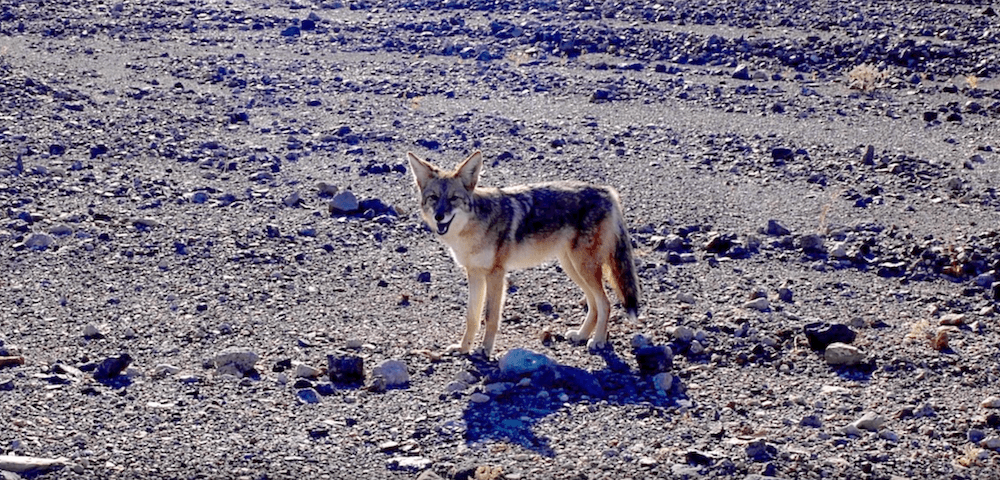
I SEE A DARKNESS
dirs. Katherine Waugh and Fergus Daly, 2023
Ireland. 133 mins.
In English.
FRIDAY, MARCH 15 – 7 PM followed by a discussion with Katherine Waugh and Fergus Daly
SUNDAY, MARCH 17 – 7:30 PM
MONDAY, MARCH 25 – 7:30 PM
SUNDAY, MARCH 31 – 5 PM
This March, Spectacle is honored to host the U.S. premiere of I SEE A DARKNESS, a new essay-documentary about both the origins and the future of photographic imaging directed by Katherine Waugh and Fergus Daly.
Following Trevor Paglen’s edict that “It’s imperative for other artists to pick up where [Harun] Farocki left off, lest we plunge even further into the darkness of a world whose images remain invisible yet control us in evermore profound ways”, the makers of I SEE A DARKNESS describe the film as a political and philosophical manifesto for seeing differently. While pushing back against standardized myths of individual genius, Waugh and Daly thread their exploration of this technology’s origins with the story of Lucien Bull (1876-1972), an Irish-born inventor and key figure in the development of chronophotography and onetime assistant to Étienne-Jules Marey. I SEE A DARKNESS also considers the work of Harold E. Edgerton, who developed high-speed film cameras on behalf of the U.S. Atomic Energy Commission, thus meditating on the relationship of innovation to the natural world and resulting in a kind of threnody for the untold number of animals sacrificed in the name of so-called scientific progress.
Born of a multimedia installation project spanning several years and dedicated to the memory of the filmmakers’ close friend and collaborator Sylvère Lotringer, I SEE A DARKNESS combines historical footage from dozens of archives with original material shot at locations such as the Conservatoire des Techniques de la Cinémathèque Française, Massachusetts Institute of Technology, Death Valley, the Griffith Observatory in Los Angeles, White Sands National Park and others. The result is an unforgettable rumination on the way supposedly objective practices (whether time-based cinematography in the 19th century, or AI-enabled digital imaging in the 21st) are perhaps inevitably deployed to political ends.
I SEE A DARKNESS ultimately questions what was disappeared in the ‘progressive’ narrative of image-capture technologies, especially considerations of the non-human and animal, and gestures towards what Jean-Christophe Bailly reminds us of when he writes: “the world in which we live is gazed upon by other beings, that the visible is shared among creatures, and that a politics should be invented on this basis, if it is not too late.”
“I’ve always liked that quote from Nietzsche, ‘We hear only those questions for which we are capable of finding an answer’, which suggests that to really think critically we must create new modes of questioning rather than seek easy answers, that fostering new problematics is what thinking in film (as in any art) should promote… In this sense, the way different subjects come together in I SEE A DARKNESS became a kind of organic process whereby certain ideas, concepts, histories, and political and philosophical concerns, formed their own Venn diagram and impetus, finding expression in the final film in the form of creating new questions.” – Katherine Waugh
“After a recent viewing of their film I SEE A DARKNESS, it is safe to say that Katherine Waugh and Fergus Daly’s new work together is not only one of the most significant Irish films of this century but one of the most significant films of this century more generally. This is a work that not only engages with critical and pertinent philosophical ideas but it places itself among a rarer breed of film essay that will actively do the work of philosophy, while also engaging and creating clarity around complex philosophical thought and ideas. It is in my opinion a stunning achievement and a work that should be widely seen.” – Daniel Fitzpatrick, Co-Director of aemi
“Fergus Daly and Katherine Waugh may not be the most recognizable names on the Irish filmmaking landscape but over the last 20 years they have proved themselves to be pre-eminent crafters of the film essay. They have used both the world and mechanics of cinema as springboards to a range of deeply considered ideas and observations. I SEE A DARKNESS is a typically cerebral and meticulously constructed meditation on a variety of topics ranging from image capture to the atomic bomb. Engrossing!” – Don O’Mahony & Si Edwards, Programmers, Cork Film Festival
This event is presented in association with the Irish Film Institute’s IFI International programme supported by Culture Ireland. Special thanks to Ruairí McCann.
